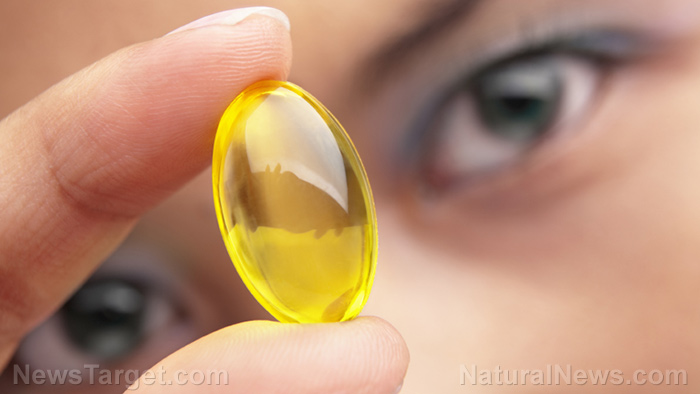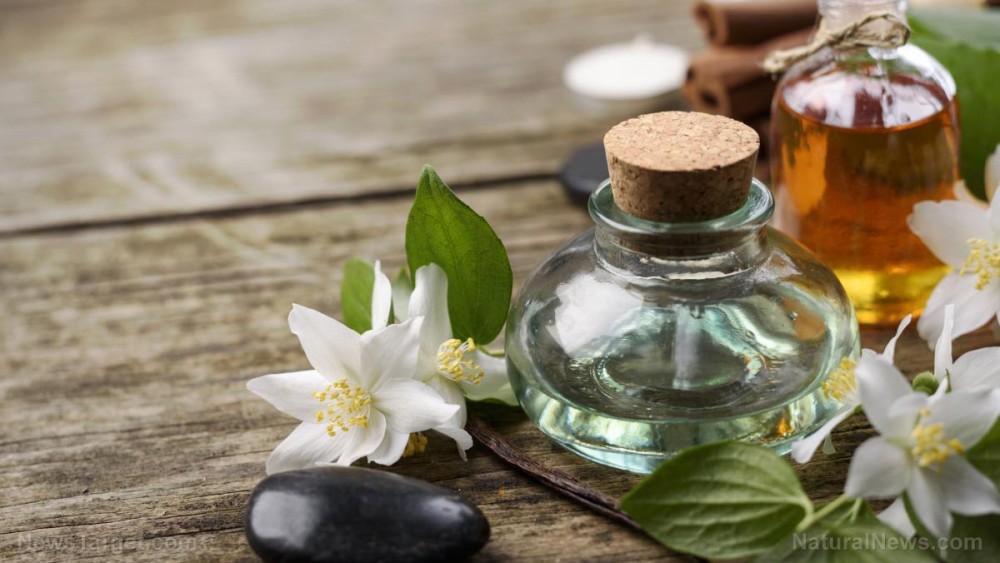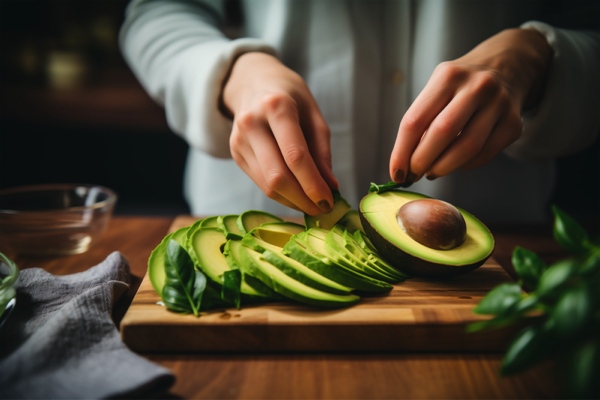Sometimes the things that make us look good aren’t always safe for our environment. They often end up congesting our landfills and contaminating water channels. But thankfully that various companies are now finding ways to ease up these environmental issues by focusing more on sustainability measures. Nowadays, ingredients for beauty products are culled rather responsibly, manufacturing operations aren’t harmful to the environment, and much focus is given to better recycling programs. But we should all be individually responsible too. What may seem minor decisions to us like choosing how many hair styling products to use, may have an impact on our planet in the long run. Here are ways in which we can all positively contribute to our environment’s development.

The issue: squandering our resources
The farming of plant-based ingredients found in shampoos and creams must be done systematically and responsibly since it is bound to influence how ecosystems and local communities function moving forward. For example, the irresponsible farming of palm oil, the by-products of which are found in 70% of all cosmetics, has caused forests to become wiped out in Malaysia and Indonesia. What makes deforestation worse is that it emits more carbon dioxide in the atmosphere than all the trucks and automobiles on the planet altogether. Plus, since water is used as a primary ingredient in the production of personal care items, the accessibility of clean water could plunge by 2050 on account of pollution, climate change, and a growing demand.
What’s being done?
Large companies are taking great strides for change. For one, L’Oreal promised to become deforestation-free by the year 2020 and has been working with Estée Lauder and Roundtable, a worldwide nonprofit org, on Sustainable Palm Oil, in order to improve the methods of sourcing and cultivating raw commodities to minimize its harmful impacts on the environment, if any. Unilever, too, shares this objective and is committed to sourcing its palm oil demands in a sustainable way.
When you think of how all Unilever brands undergo over a million metric tons of palm oil annually, it really becomes clear how much of a big deal this is. Also, aside from proper sourcing out of raw materials, both L’Oreal and Unilever are making strides in becoming resource-efficient; inventing better ways to minimize the use of water in manufacturing their products, as well as in the content of the products themselves.

Biotechnology, however, is something we’ve benefitted from greatly. It is through it that various companies are able to come up with ingredients that are sensitive to the environment. It is through it the Biossance is able to produce its squalane from sugarcane that’s renewable, instead of extracting it from shark livers. And Algenist’s items for youthful skin, microalgae oil, and hyaluronic acid, are now derived from sustainable algae.
What can you do?
Start in your own way at home by conserving water. Don’t keep it running while you’re shaving, or brushing your teeth, and you don’t have to shampoo every day. You may also want to search for labels that state that the company only utilizes ingredients that are renewable.
Shane Wolf, the founder of Seed Phytonutrients, strived to invent the first paper bottles that are shower-friendly. They are composed of materials that have all been recycled and are now filled with the company’s shampoos, cleansers, conditioners, hand soaps. “Any move away from plastic toward paper is a move in the right direction,” Wolf said. And inside the paper bottles is a small packet full of seeds; an opportunity to help plant and cultivate heirloom herbs. What a cool idea!






